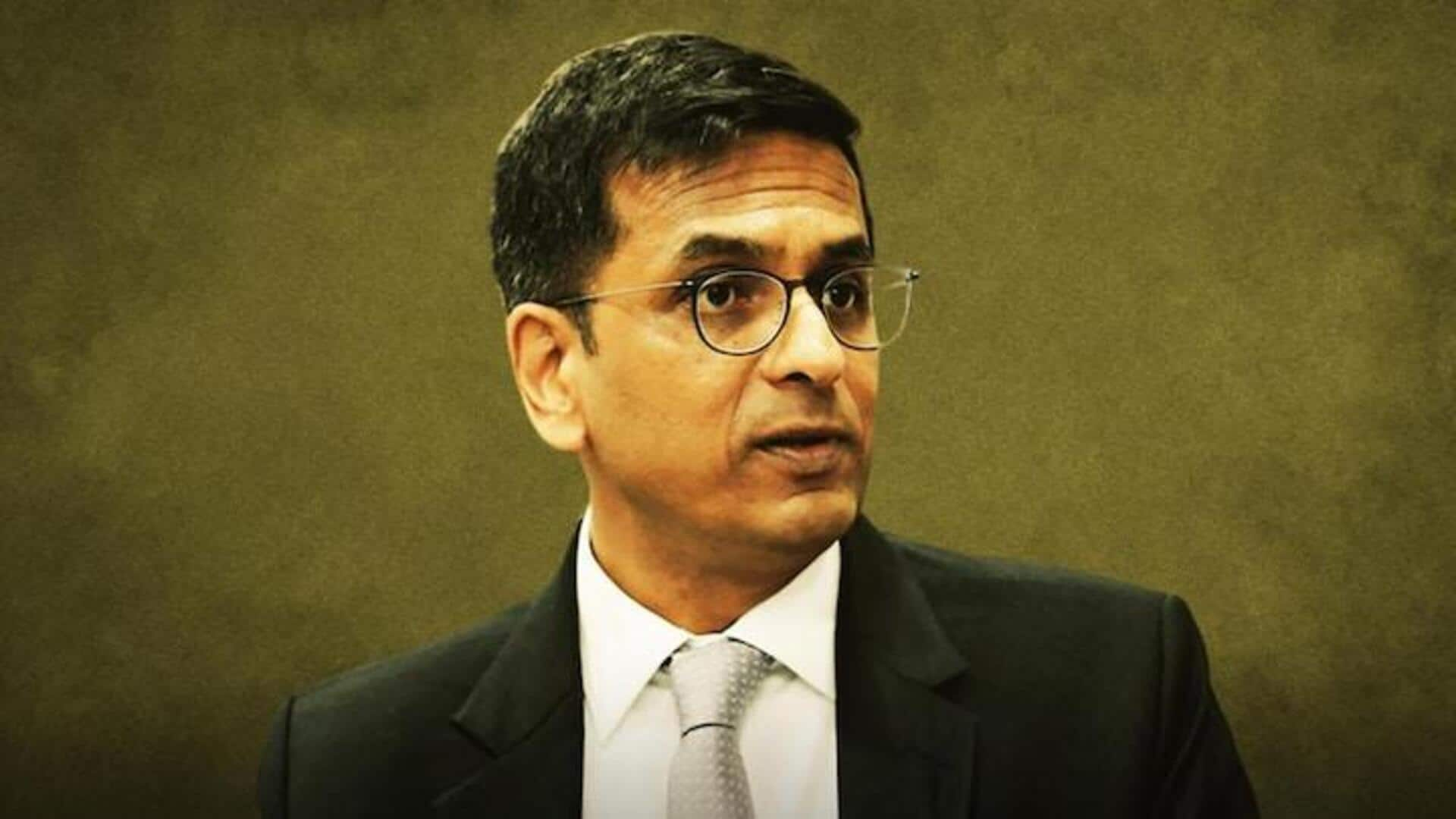
On last day, Chandrachud's relief to parents seeking son's euthanasia
What's the story
On his last working day as Chief Justice of India, DY Chandrachud gave a huge relief to Ashok Rana and Nirmala Devi, the parents of 30-year-old Harish Rana. Harish has been in a vegetative state for over 13 years after suffering a traumatic head injury and quadriplegia after falling out of a fourth-floor window while studying in Mohali. His parents had approached the Supreme Court seeking permission for passive euthanasia as they could not afford their son's medical care.
Financial relief
Uttar Pradesh government commits to cover medical expenses
Justice Chandrachud perused a status report submitted by the Centre detailing the extensive care measures for Harish. The Uttar Pradesh government assured that it would bear all medical expenses and provide home care services. These include regular visits by a physiotherapist and dietician, on-call medical officers and nursing support. All necessary medications and medical supplies will be provided free of cost.
Case withdrawal
Parents accept government's care plan, withdraw euthanasia plea
If home care doesn't work, Harish will be shifted to the district hospital in Noida for more structured medical support. Advocate Manish, who represented the parents, told the court that the family agreed to the government's care plan and withdrew their plea for passive euthanasia. Earlier, the Delhi High Court had ruled against active euthanasia for Harish, observing he wasn't dependent on mechanical life support.
Euthanasia ruling
Delhi High Court's stance on euthanasia
Justice Subramonium Prasad cited the Supreme Court's 2018 ruling on euthanasia, permitting passive euthanasia under certain conditions but not active euthanasia. The court had said, "No one...including...physician, is permitted to cause the death of another person by administering any lethal drug, even if the objective is to relieve pain and suffering." The SC's 2018 landmark judgment clarified while one can refuse life-saving treatment, passive euthanasia is allowed only when patients/their families decide to withdraw life-support measures without active intervention.